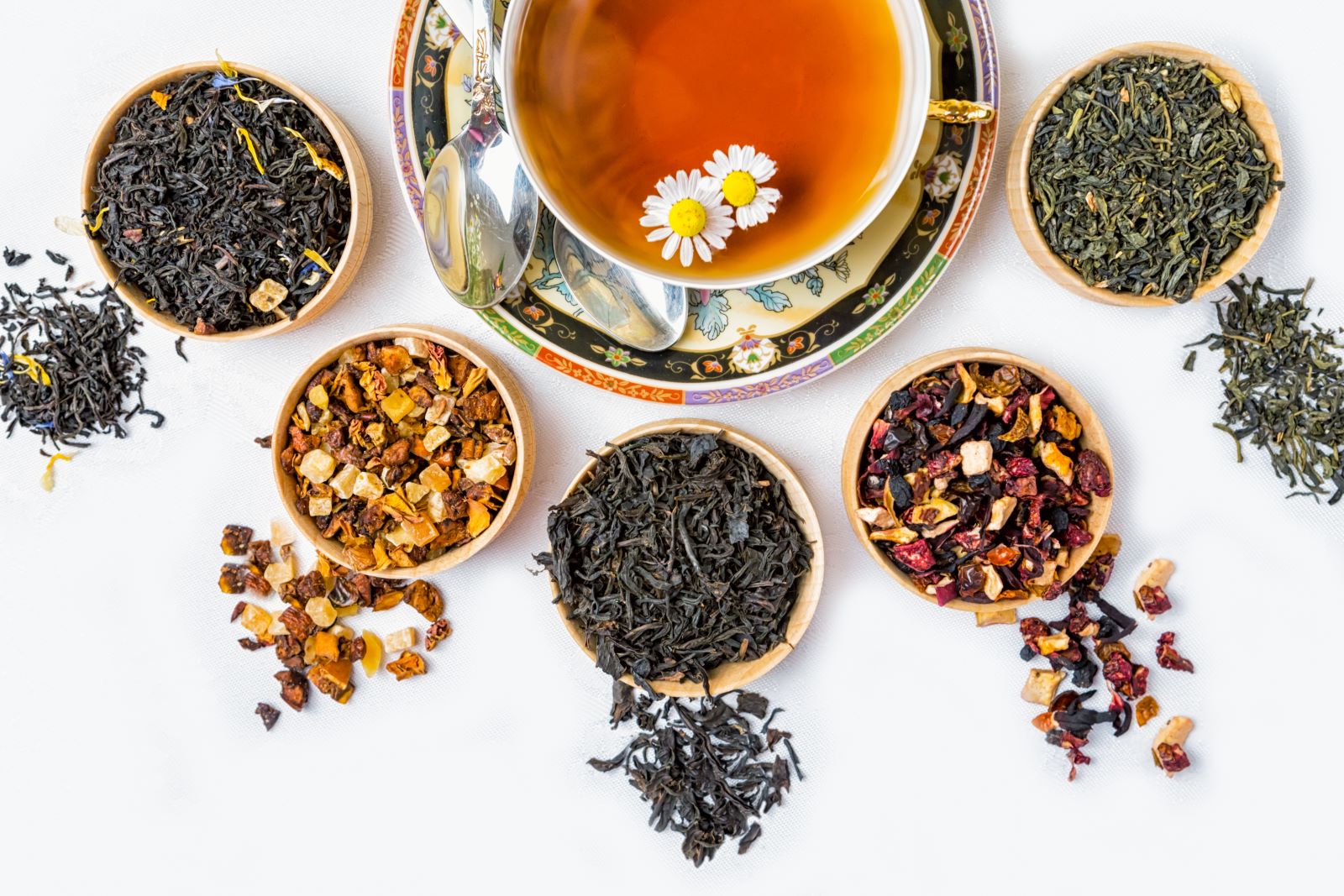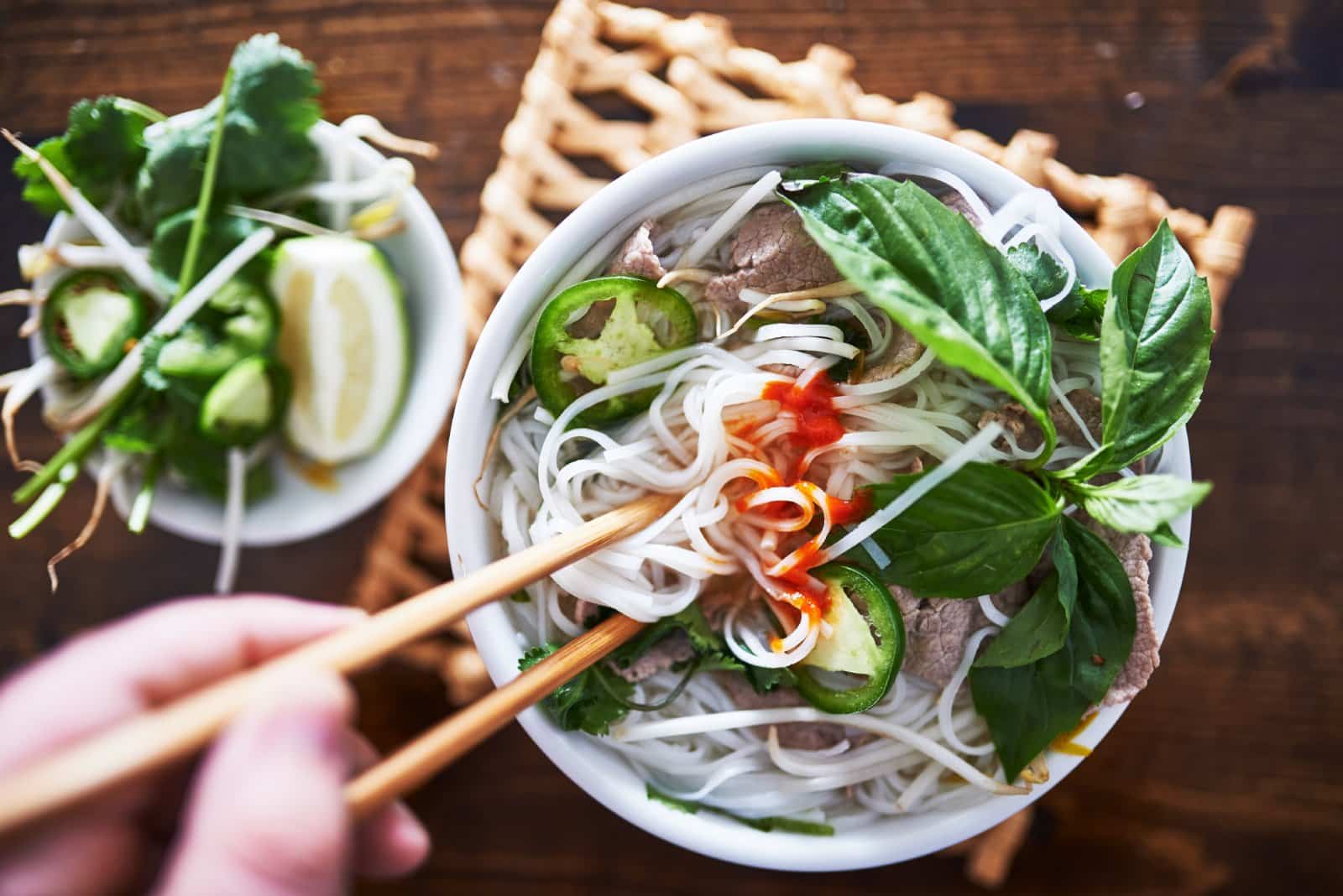The Minimalism Myth: Why Less Isn’t Always More
Minimalism paints a picture of simplicity and freedom, but does stripping down your possessions always lead to a more serene existence, or can it sometimes add unexpected stress?
1. Pressure to Purge

The minimalism movement often puts pressure on individuals to purge possessions, which can lead to stress and regret over losing items that later prove to be necessary or sentimental.
2. Cost of Replacing Items

In pursuit of a minimalist lifestyle, some discard items only to find they need to repurchase them later. This cycle can end up costing more than keeping things in the first place.
3. Time Consumption

The process of decluttering can be incredibly time-consuming, sorting through years of belongings and deciding what truly matters—a task that becomes overwhelming rather quickly.
4. Social Isolation

Choosing a minimalist lifestyle can sometimes put a strain on relationships, especially if family and friends don’t understand or agree with the extreme reduction in possessions.
5. Aesthetic Pressure

There’s a significant focus on not just owning less but also maintaining a certain aesthetic—clean lines, neutral colors, minimal decor—which can be just as constrictive as the clutter it replaces.
6. Constant Maintenance

Keeping a minimalist home requires constant vigilance against clutter, turning what might be a one-time purge into an ongoing battle that can feel exhausting.
7. Loss of Individuality

In minimizing, there’s a risk of stripping away items that express personal history, tastes, and interests, potentially leading to a living space that feels impersonal and unwelcoming.
8. Fear of Scarcity

For some, minimalism can trigger a fear of not having enough or not being prepared for future needs, leading to anxiety rather than peace of mind.
9. Perfectionism

Minimalism can sometimes feed into a cycle of perfectionism, where the drive for a perfectly curated life can create undue stress and unrealistic expectations for oneself.
10. Overemphasis on Materialism

Ironically, minimalism can lead to an increased focus on material possessions, as each item owned is heavily scrutinized for its utility and aesthetic, paradoxically making material things more central to one’s life.
11. Limited Functionality

By minimizing too much, homes can become less functional. Living spaces stripped of too many furnishings can lack comfort and utility, making daily activities more challenging.
12. Emotional Drain

The process of deciding what stays and what goes can be emotionally draining, as each item might carry memories and emotions that are difficult to part with.
13. Accessibility Issues

Minimalism isn’t accessible to everyone. People with certain hobbies, large families, or those who can’t afford to buy fewer but more expensive items may find it impractical.
14. Environmental Impact

The push to discard possessions can have unintended environmental consequences if items are not disposed of responsibly.
15. Psychological Impact

For some, minimalism may exacerbate feelings of emptiness or lack of fulfillment, as the home environment becomes too sterile and void of personal touch.
16. Diminished Comfort

Overly minimalist homes can sometimes sacrifice comfort for style, leading to living spaces that feel more like galleries than homes.
17. Cultural Misalignment

In some cultures, having abundant possessions is a sign of success and hospitality. Minimalism can clash with these cultural values, causing friction and misunderstanding.
18. Economic Implications

Buying high-quality, minimalist-approved items can be expensive, potentially barring lower-income individuals from participating in the trend.
Less Is More or Less Is Less?

While the principles of minimalism can offer freedom from the clutter of modern life, they can also bring their own set of burdens. Striking a balance that maintains both simplicity and richness in life is crucial, ensuring that the quest for less doesn’t inadvertently lead to missing more.
Not All Tea Is Good for You: List of Teas to Avoid and to Stick To

Not all teas are healthy and some might actually harm your health with poor ingredients. But how can you tell the good from the bad? This guide aims to help you make informed choices without turning you into a tea expert overnight. Not All Tea Is Good for You: List of Teas to Avoid and to Stick To
America’s Spiritual Revolution: Turning Away from Christianity to Embrace Alternatives

As church attendance declines, Americans are exploring diverse spiritual paths, from stargazing druids to unconventional deities like Wi-Fi gods and extraterrestrials. Explore the quirky and sometimes controversial new religions capturing attention as people seek meaning beyond traditional Christianity. America’s Spiritual Revolution: Turning Away from Christianity to Embrace Alternatives
25 Must-Try Global Delicacies

From Bangkok’s bustling streets to Parisian cafes, every corner of the world offers something special for your taste buds. And you don’t have to travel far; even in the USA, you can find a world of flavors. Here are 25 global delicacies every foodie should try, including some local favorites! 25 Must-Try Global Delicacies
Featured Image Credit: Shutterstock / Gladskikh Tatiana.
For transparency, this content was partly developed with AI assistance and carefully curated by an experienced editor to be informative and ensure accuracy.






